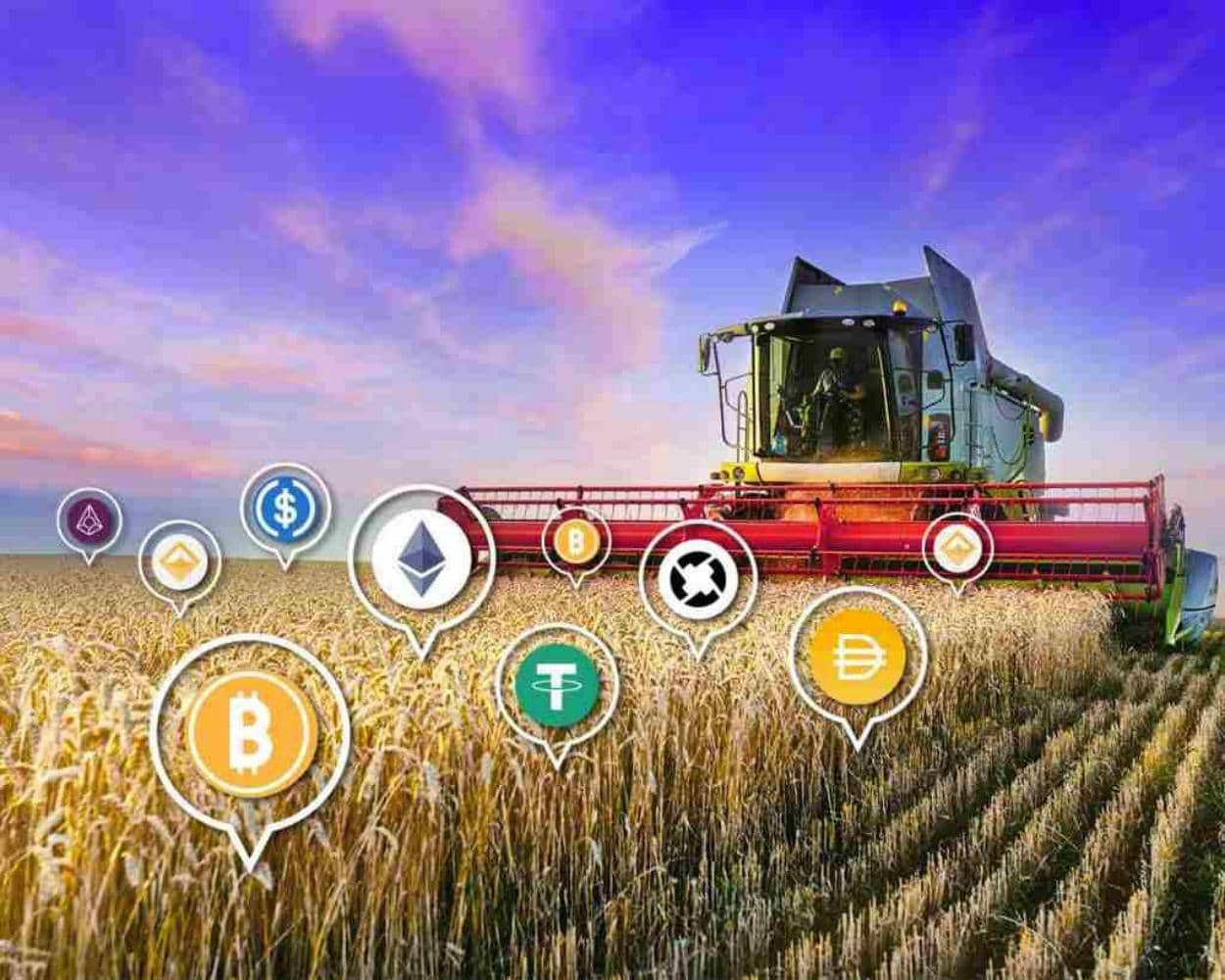Content
Market makers’ presence streamlines the execution of trades, reduce fluctuations in prices and identify supply and demand gaps. Market makers compete with other market participants to execute trades. This intense competition requires continuous innovation, powerful predictive analytics and robust systems—which drive better outcomes for investors. Buy SharesKnowing how to buy shares is crucial for a person who wants exposure to the equity market. Shares trade in exchanges, but you just can’t go and buy a share from the exchange.
- It means that they can buy from the market maker at the given price.
- Brokerage houses are a popular form of market makers amongst investors.
- Because price quotes are only for a specific number of shares, investors may not always receive the price they saw on their screen or the price their broker quoted over the phone.
- In contrast, as dealers, they become the counterparties and are therefore trading for profit.
- Legally, market makers cannot cooperate when planning and executing their trades.
- Market makers provide a ‘two-way quote’ to the market, which means they are willing to both buy and sell a security at a competitive price in all market conditions.
- Investors often use market makers and Electronic Communications Networks synonymously.
Market makers mitigate the issue of bid-ask spreads by maintaining open orders to buy or sell the same asset simultaneously. Capitalizing on the existing spread, market makers will always be willing to buy the asset for less than they are willing to sell https://xcritical.com/ it. The result for the market maker is a very high quantity of offsetting trades that make money based on the spread. The market maker’s presence also benefits other market participants by keeping the spread low and adding liquidity to the market.
Odd Lot Trade: What Does It Mean For Stocks?
The converse is true also; if there is a consistent and large enough demand for a share, then the Market Makers will increase the price. Market Makers make money from buying shares at a lower price to which they sell them. The more actively a share is traded the more money a Market Maker makes. The spreads between the prices a retail trader sees in bid-ask quotes and the market price go to the market makers. MMs move fast and can buy and sell in bulk ahead of everyone else. On average, you’ll see between 4-40 market makers for a given stock, depending on its average daily trading volume.
Work on certain guidelines approved by the regulators of a nation’s financial market. The market makers must follow the same to operate as an authorized trading body. In the United States, the Securities and Exchange Commission approves and takes care of the legal perspectives what is market maker in crypto of the financial markets. I have been following a former FX trader on YouTube who is constantly talking about market makers. Like superwealthy individuals or firms manipulating the marketplace. True to a degree I suppose, but also some nuance and a necessary evil.
Who Are the Market Makers?
For a stock that trades in an over-the-counter market, your broker may send the order to an “OTC market maker.” Many OTC market makers also pay brokers for order flow. A brokerage is a financial institution which allows its customers to buy and sell assets directly. Brokerages differ from exchanges in that brokerages serve as the counterparty to its users in all transactions. Apart from the incentives highlighted above, LPs can also capitalize on yield farming opportunities that promise to increase their earnings. To enjoy this benefit, all you need to do is deposit the appropriate ratio of digital assets in a liquidity pool on an AMM protocol. Once the deposit has been confirmed, the AMM protocol will send you LP tokens.
And they maintain close relationships with key players at major firms. In other words, they’re in the know and they’ve got connections. Think about that the next time you want to complain that the market’s too hot to handle. Or that your watchlist has grown to the size of a football field. You might have seen the effects of their work — stocks moving in ways you couldn’t understand. Your access to this site was blocked by Wordfence, a security provider, who protects sites from malicious activity.
You want to buy the 500 shares at $26, where it’s being “offered” . Investors can hold onto long positions for years or even decades without running into problems. But most short positions are much shorter in duration – a few months to a few years at most. There are several practical limitations that limit how much time traders can… They arbitrage spreads, fills and can take the other side of customer orders.
How do market makers make money?
Market makers become one by participating in the market and by earning through the spread between the bid and offer price of the securities. On the other side, sharp market movements are unpleasant for the market maker. Alongside this, the purchases may come back at lower levels. Other market participants will start buying again at the market maker’s selling prices, which will be lower than his average buying price during the general market sell-off apart from him.
Let us now see the different aspects for becoming a market maker. Market makers are usually large banks or financial institutions. With automation rendering market making easy, order books have become thick. Execution prices for even big orders are close to a fair price, impact cost & volatility is thus lower. We offer a large range of products and services to enhance your business operations. An understanding of what a market maker does can be gained by considering their functions within the market.
EBITDA Looking to measure a company’s cash flow and operating performance? JeFreda R. Brown is a financial consultant, Certified Financial Education Instructor, and researcher who has assisted thousands of clients over a more than two-decade career. She is the CEO of Xaris Financial Enterprises and a course facilitator for Cornell University. I/we have no stock, option or similar derivative position in any of the companies mentioned, and no plans to initiate any such positions within the next 72 hours. Research and trade alerts from a hedge fund pro with a global outlook. Finding the right financial advisor that fits your needs doesn’t have to be hard.
"If a crypto exchange is just a set of self-executing smart contracts, if liquidity is provided by people depositing pairs of cryptocurrencies into automated market maker pools, then who registers the exchange and who needs a broker-dealer license and how do the rules work?" https://t.co/cS5TEL036m
— DeFi Education Fund (@fund_defi) September 9, 2022
I wrote this article myself, and it expresses my own opinions. I have no business relationship with any company whose stock is mentioned in this article. Ian worked for Kerrisdale, a New York activist hedge fund, for three years, before moving to Latin America to pursue entrepreneurial opportunities there. His Ian’s Insider Corner service provides live chat, model portfolios, full access and updates to his “IMF” portfolio, along with a weekly newsletter which expands on these topics. Payment for order flow is compensation a broker receives for directing trade execution to a particular party. Some controversy surrounds what has become a common practice.
Hypothetical Example of a Market Maker’s Day
In the morning, there’s a lot of buzz around what new things Apple might unveil. Market makers can either be individuals or broker-dealers who meet a certain set of requirements around education, training, capital adequacy, and so on. A two-way quote indicates the current bid price and current ask price of a security; it is more informative than the usual last-trade quote.
bet market makers hate how smart investors in this era have become. old tactics do not work as well.
— LORD TITAN🪬 (@spacelordtitan) September 20, 2022
Broker-dealers with institutional clientele like Goldman Sachs, JPMorgan and Morgan Stanley specialize in institutional market making as well as retail client orders. Wholesalers have order flow arrangements with various broker-dealers as well as fintech trading apps. Some of the largest wholesalers include G1 Executions Services, Apex Clearing Corporation, Citadel Securities, Virtu Financial and Two Sigma Securities. The range of results in these three studies exemplify the challenge of determining a definitive success rate for day traders.
What Entities Act as Market Makers?
This might be possible in small capitalization or penny stocks, but there’s little evidence of it being a widespread issue with most companies listed on the primary American stock exchanges. A market marker is an individual or broker-dealer that has registered with an exchange to buy and sell shares of given stocks directly from other market participants. Financial exchanges rely on market makers to provide orderly trading of the underlying stocks, options, and other products listed on their platforms. Brokers and market makers are two very important players in the market.

For providing their services to crypto traders, market makers charge a spread on the buying and selling price. Now remember the market maker acting as a buyer or seller puts up ask prices and bid prices and traders buy and sell at those prices. A market maker is an individual or broker-dealer that operates on a stock exchange, buying and selling shares for their own account. Market makers earn a profit both from collecting the spread between the bid and ask prices of a security and also from holding inventory of shares throughout the trading day.
What is a Market Maker and Why Do We Need Them?
Financial markets are often called the fabric that holds our economy together. They have enabled us to move forward in our evolutionary history, for example, by funding the opening of new continents or treating deadly diseases. Still, the market maker is the only player expected to respond to market orders at all times and under all circumstances. Market makers in different markets and operating on different exchanges are subject to different rules regarding what they’re allowed to buy and sell and the types of trades they can make. Market makers encourage market liquidity by standing ready to buy and sell securities at any time of day.

Once the order has been placed on the order book, the market taker uses this position for his own trading purposes. There’s no guarantee that it will be able to find a buyer or seller at its quoted price. It may see more sellers than buyers, pushing its inventory higher and its prices down, or vice versa.
How can I become a market maker?
Before the advent of sophisticated electronic trading technology, floor traders were the primary market makers on major exchanges. Even everyday traders can now send a digital order ticket to exchanges or electronic market makers with a button click. A market maker is a broker-dealer who has been certified, and/or has met capital requirements, to facilitate transactions in a particular security between the buyer and sellers. An order which is adding liquidity to the order book until another crypto trader picks it up helps to “make the market”.
What Is Market Making?
Or else, the market position could go against them even in a few seconds, which may lead to losses. In today’s ever-changing markets, market participants play an extremely imperative role. A market maker seeks to profit off of the difference in the bid-ask spread. Having all the necessary information about the market and its vertical analysis, market makers have more opportunities to make profitable deals than any other market participant.